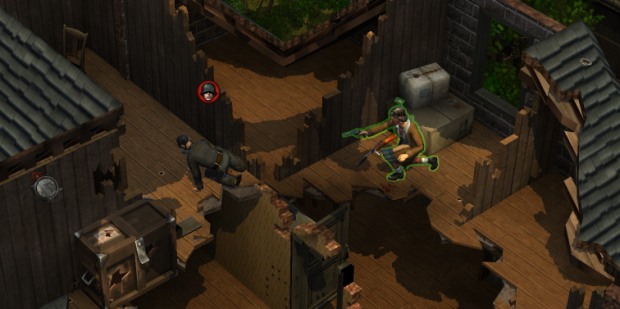

COVID-19 transformed me into a shirking, flinching coward who crossed the street to avoid children, who trembled with rage any time an unmasked jogger passed too close by. I like to rub elbows with strangers, share meals, talk for hours. Writers on the internet cracked wise that spring about how little the coronavirus pandemic was likely to affect their lives: Never leaving the house, you say? Drinking alone? Shunning humanity, having food delivered? Why, that’s what I’ve been doing for years!īut I am not an introvert. Outside the bar, outside the game, outside my house, humanity had been stricken by its own, mercifully less severe plague, to which I had reacted with surprising-to me-extremity. I gathered some supplies and stepped out into the sunshine-only to be attacked and killed by Chinese Liberator robots, artifacts of the war that had further devastated the plague-stricken, genetically-engineered world of the late 2070s. I’d overslept everyone else had left before me. I woke with a hangover in the subterranean vault where I had spent my life cowering in terror of the post-apocalyptic wilderness outside.

I will also never forget my own, rather less dignified arrival in West Virginia, on my own patch of hillside, which also occurred on an April day, this one in 2103, inside the online multiplayer videogame Fallout 76. The rest of the forest had not leafed out, so here stood a view reminiscent of a Japanese painting. I’ll never forget that mid-April day when I drove my van to that place where the hard road ends and the dirt road begins, loaded with gear, a thousand dollars to my name As I started my descent on the twisty road toward the Hart farm five miles away, heavily rutted from the end of the March rainy mud season, I was struck not so much with the litter of old refrigerators and such at the gully bottoms, but with the stunning beauty of the white dogwood blossoms and their horizontal structure, contrasted with the rosy blooms of redbud dotting the landscape. Joe describes his arrival on Green Creek in an immensely entertaining 2019 memoir, The Making of a Field Hippie: An itinerant fiddler and leatherwork artisan, my uncle had chafed at the constraints of polite society and longed for a new kind of independence and self-sufficiency he’d moved from job to job and relationship to relationship since dropping out of college, occasionally clashing with his mother and stepfather-my grandparents-over his apparent aimlessness and perpetual poverty. In the spring of 1974, my uncle Joe Mirenna left Pennsylvania, the state he grew up in, to join some friends on the 23 acres of remote hillside they’d bought 30 miles north-northeast of Charleston, West Virginia.


 0 kommentar(er)
0 kommentar(er)
